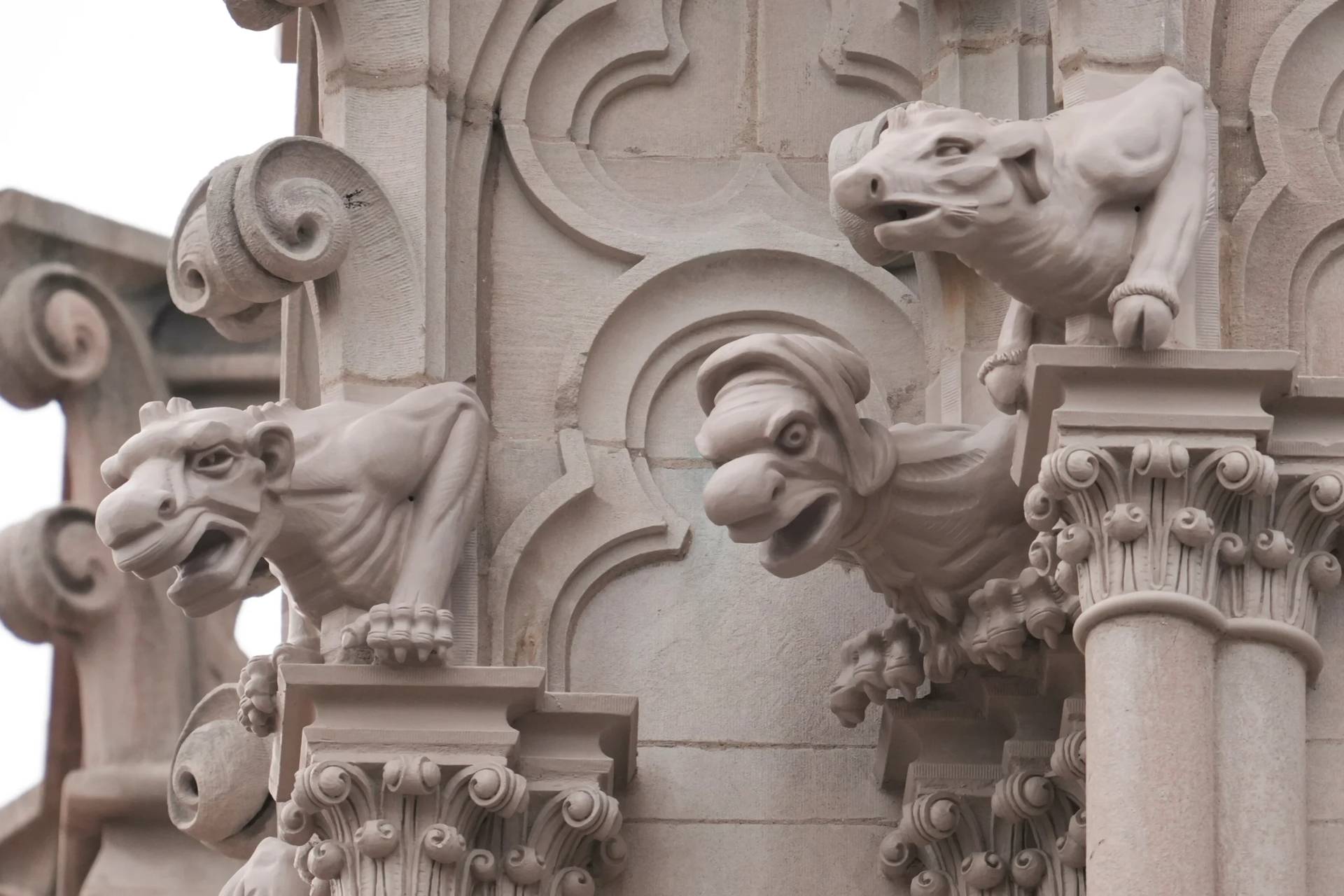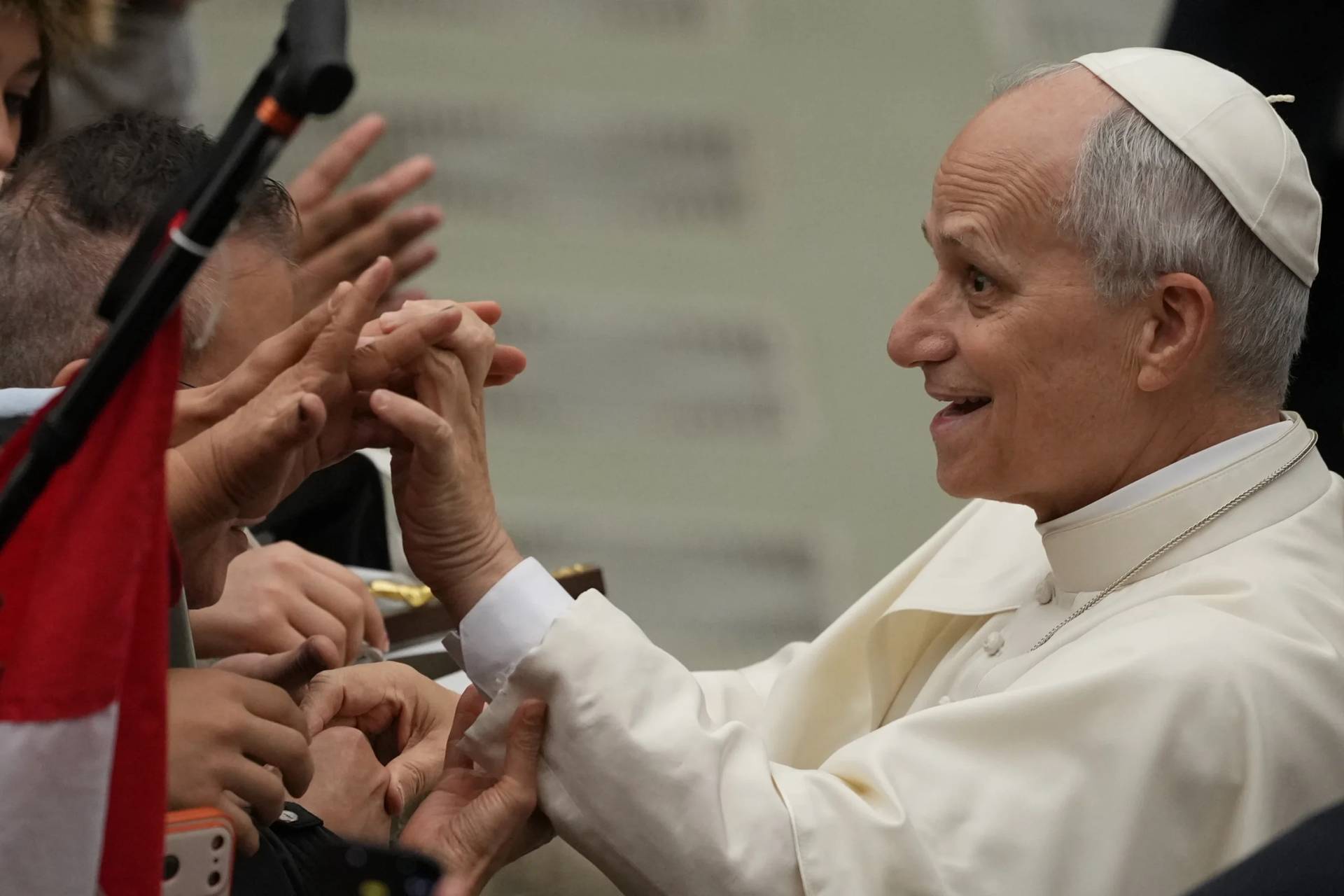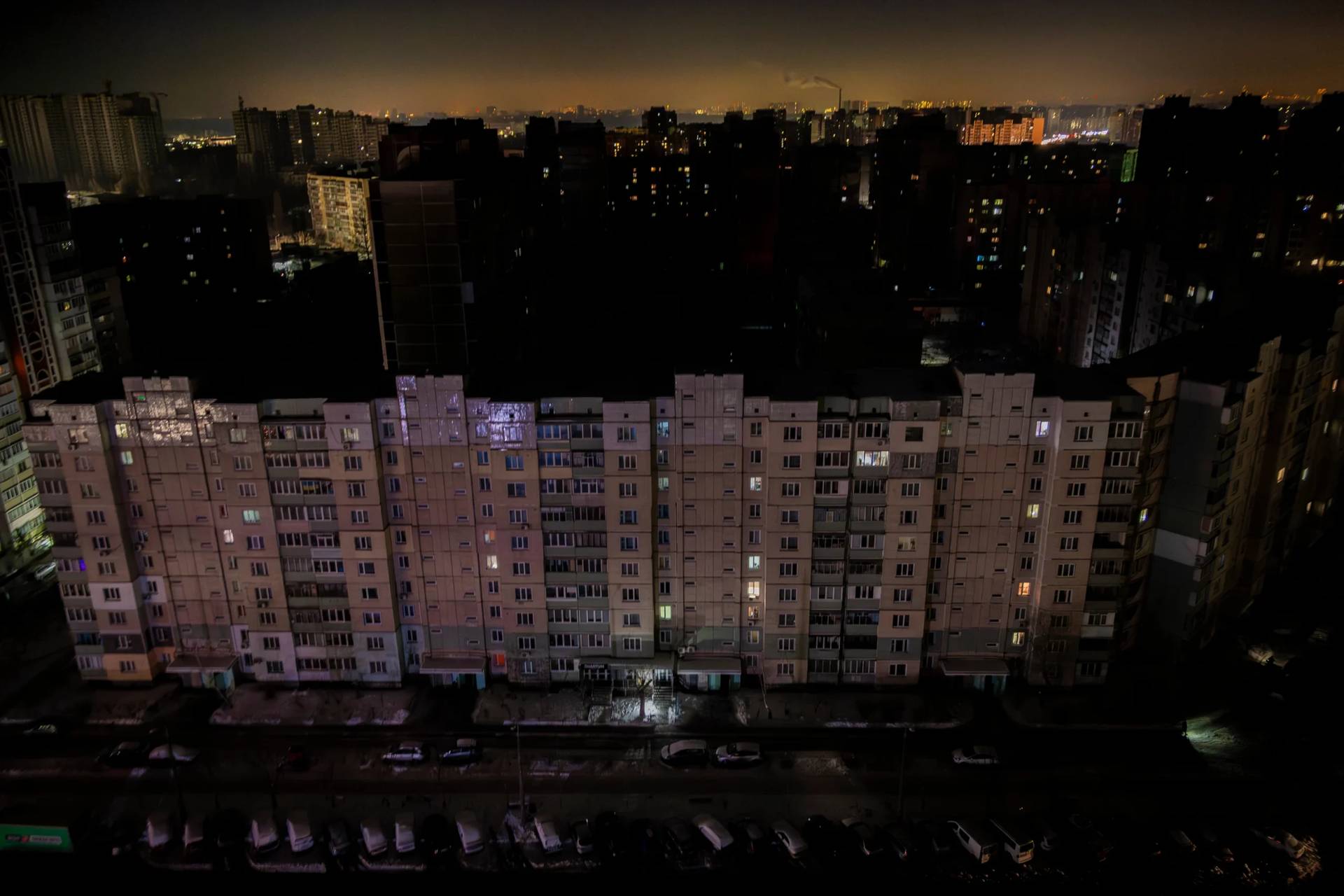Especially on the heels of rumors that Pope Francis is about to demote American Cardinal Raymond Burke to a ceremonial Vatican job, Saturday’s choice of Blase Cupich as the new Archbishop of Chicago cemented impressions in many quarters of a lurch to the left in Catholicism.
On Twitter, one disgruntled reaction termed this one-two punch the beginning of the “soft and fluffy Anglicanization” of the Catholic Church.
Burke is a hero to conservatives and an especially strong voice on pro-life issues, while Cupich is basically what the Europeans would call “center-left,” meaning a moderate whose own sympathies lie a bit more with the liberals. Taken together, these steps seem to paint a clear political picture.
Therein, however, lies the problem.
The impression of a recent turn to the left depends on keeping these two moves in focus – one of which is still unconfirmed, though Francis already took Burke off the Congregation for Bishops last December – and leaving a couple of other important pieces out of the picture.
For instance, there’s last Thursday’s appointment of Anthony Fisher as the new Archbishop of Sydney in Australia. A protégé of Cardinal George Pell, who today is overseeing Francis’ financial reform, Fisher is a Dominican theologian who would almost universally be seen as a conservative.
Writing for the Australian Broadcasting Corporation, Fr. Richard Umbers recently said that Fisher is “an exemplar of what George Weigel calls Evangelical Catholicism,” boldly committed to Catholic orthodoxy and impatient with “theological dishwater.”
On a personal level, Fisher is as gracious and erudite as they come, and he’s nobody’s idea of a liberal.
Then there’s the new roster announced today for the International Theological Commission, an advisory body of theologians from around the world to the Vatican’s ultra-powerful Congregation for the Doctrine of the Faith.
Over the years, the ITC has acted as a sort of early warning system. When they take an interest in a subject, it can be a hint that down the line the congregation may start launching investigations or issuing rulings on the writings of theologians working in that area.
The initial news flash about the new 30-member lineup for the ITC is the increased number of women – five this time, as opposed to two during the last five-year term.
Once you run all 30 names, however, the thing that truly jumps out is the preponderance of figures regarded by most Catholics in the know as fairly conservative.
Fr. Thomas Weinandy, for instance, is a Capuchin Franciscan who served from 2005 to 2013 as the chief of staff for the U.S. bishops’ Committee on Doctrine. He was instrumental in the bishops’ negative verdict on the writings of Sr. Elizabeth Johnson, a feminist theologian at Fordham. He was also a supporter of the Vatican’s investigation of the Leadership Conference of Women Religious, the more liberal grouping of American nuns.
Sr. Prudence Allen, also from the United States, is a member of the Religious Sisters of Mercy of Alma, Mich. She’s the kind of nun unapologetic about wearing the habit, and in 2010 she publicly criticized progressive Catholic sisters who broke with the bishops by supporting the Obama health care reform despite abortion-funding issues.
From Germany, Fr. Karl-Heinz Menke is a member of the Schulerkreis, or “students’ circle,” around Pope Benedict XVI. He dedicated one of his books to Ratzinger, and was cited by the emeritus pope in one of his own volumes on Jesus. Recently Menke was chosen to be the main speaker for a gathering of Ratzinger alumni devoted to the theology of the Cross.
Tracey Rowland of Australia is close to both Pell and Fisher, and would be seen as among the leading intellectual lights of the “Evangelical Catholicism” movement to which Umbers referred. She writes frequently for publications with a conservative editorial bent, and is seen as an articulate defender of traditional Catholic doctrine.
Fr. Piero Coda is one of Italy’s best-known theologians and a member of the Focolare movement. He’s no ideologue, but back in 2008 he defended Popes John Paul II and Benedict XVI against accusations by liberal doyen Hans Küng that they had betrayed the spirit of the reforming Second Vatican Council.
One could go, but these five examples make the point.
To be clear, all of these people are accomplished thinkers who are eminently qualified to advise the Vatican on doctrinal matters. It’s hard not to be struck, however, by the fact that they seem to come largely from one side of the street.
So, what gives? Is Francis suffering from multiple personality syndrome, or is there another explanation?
For one thing, in both the Fisher appointment and the ITC nominations, the driving force wasn’t the pope himself. Pell was the prime mover with Fisher, and the choices for the theological commission came from German Cardinal Gerhard Müller, head of the doctrinal congregation, and his staff.
Yet Francis is a hands-on pope, and he wouldn’t sign off on these decisions if he weren’t aware of what they meant.
Perhaps the best hypothesis is that what Francis is really after isn’t a turn to the left, but a new balance. He’s said he wants the church to be in dialogue with everyone, and one way to accomplish that is to ensure a mix of points of view in leadership positions.
Pope John XXIII allegedly once said, “I have to be pope both for those with their foot on the gas, and those with their foot on the brake.” Though the saying may be apocryphal, the wisdom is spot-on, and Francis’ recent personnel moves seem to reflect some of the same thinking.
Among the other monikers the news business has invented for Francis – the “People’s Pope,” the “Pope of the Poor,” and so on – perhaps we’ll have to add one more if this keeps up: the “Pope of Balance.”
















